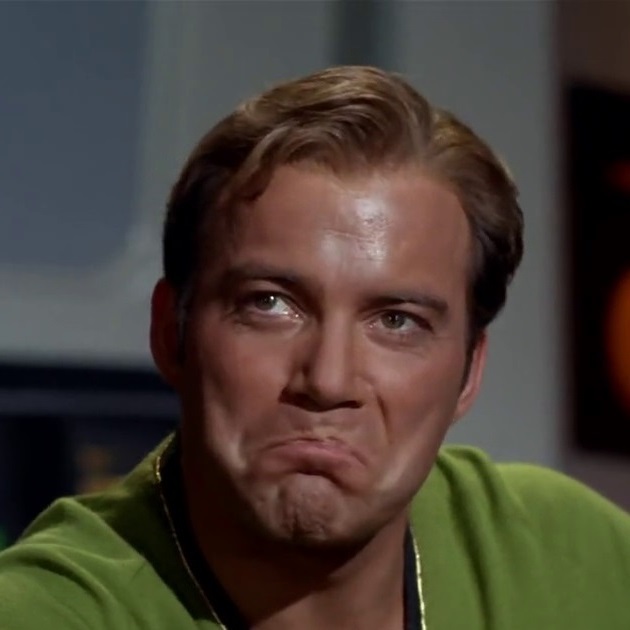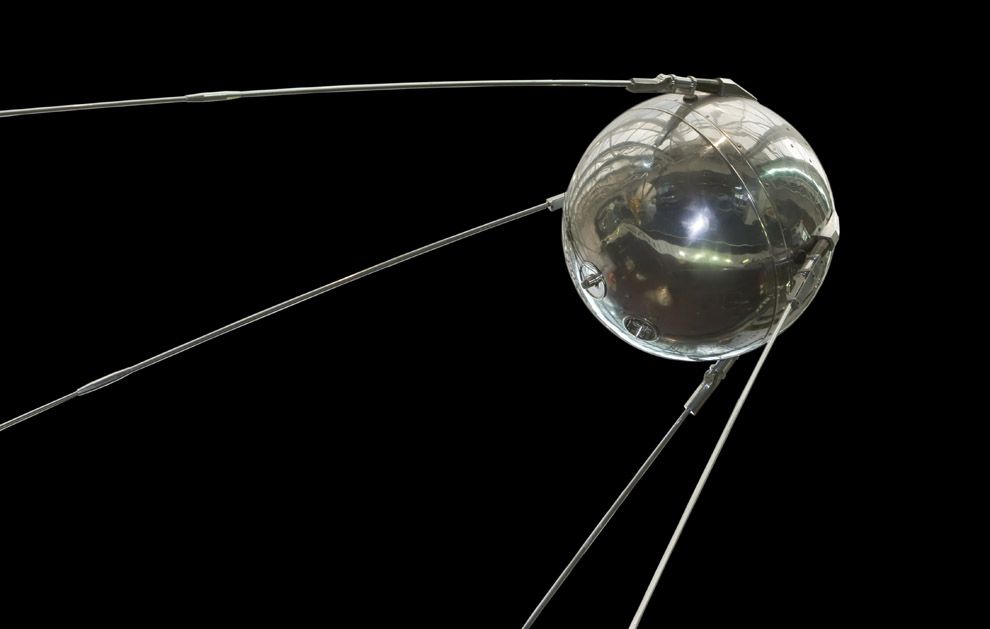An Illustrated Guide to Self-Censorship | The Free Press
The article lengthy and it's filled with lots more illustrations and gibberish...
One day, Hypothetica’s king died, leaving the throne to his son, King Mustache. Unlike his father, King Mustache was highly sensitive to criticism. He issued a decree that made criticizing him illegal—an attempt to lay down an electrified “censorship fence” across the topic that would severely punish anyone who dared to cross it.
I can't wait for this to be used to push society more to the right somehow.
Then stick around for all the transphobic garbage in the comments!
You can very easily weaponise this to convince people to marginalise out the fringes because "they're a tiny number of people" and the outcome of that can easily be a slow and steady move rightwards.
It encourages marginalisation. And those at the margins are activists for minority groups.
When speech actually infringes upon a citizen’s safety, it’s not allowed
governments that enact censorship policies rarely call them “censorship” policies—they usually say they’re banning some form of vile or objectionable speech
this guy actually thinks in little stick figures
And he's very happy he does. It makes his creative work flow seamless.
It's funny he says "this doesn't happen in America because we have free speech" while describing exactly how America made communism unthinkable by restricting free speech
"You are dictatorial." My dear sirs, you are right, that is just what we are. All the experience the Chinese people have accumulated through several decades teaches us to enforce the people's democratic dictatorship, that is, to deprive the reactionaries of the right to speak and let the people alone have that right.
-- Mao Zedong
This reads like Jungian psychology but for :LIB: sociology nerds
Me reading:
Oh ok I'm into it.
Ohhhhkay I guess...
Haha wait what
:wtf-am-i-reading:
Brilliant Tim Urban
When I was in high school I read The Alchemist by Paulo Coelho because the cover was blurbed to kingdom come and back about how brilliant and deep it was and how it's touched the lives of millions. When I finished it and realized it was a poorly-written and overly long delivery of another New Agey "your dreams will come true if you believe them hard enough," I had a minor meltdown, :ohnoes: thinking that there had to have been some deeper meaning that I missed and that the rest of the world was onto something that I wasn't, and it took me a while to come to the realization that no, it really was that facile and people don't want to think about the complexity and incomprehensibility of modern existence and like simple stories that reinforce their biases. However, to this day, every time I run across another example there's that split second blip of :ohnoes: before that understanding reasserts itself.
New Agey “your dreams will come true if you believe them hard enough,”
That's pretty much every new age thing ever written.
True facts. It took a little while for high schooler me to get that figured out, though.
lmao that was the first book I read for school that I genuinely hated.
Hello readers! Bari here.
... do I gotta?
god it's like Slate Star Codex for infants.
Oppression has been a regular feature of human societies since the dawn of time, and for most of history, the primary tool to fight oppression has been violence. Free speech offers a better way.
And what if it fails? What if "free speech" isn't enough, and the correct idea that "oppression is bad" remains outside the window of socially acceptable thought? Is there a point where we're allowed to admit that, or are we supposed to just sit and wait for the mystical marketplace of ideas to produce good outcomes by random happenstance? And what if oppression itself consists of violence? Why is it a "better way" to politely request that the beatings be less severe?
In echo chamber cultures—where harsh social penalties are imposed for saying the wrong thing—freedom of speech all but vanishes, along with the presence of the marketplace of ideas.
By this understanding, your examples of gay and interracial marriage were expressly not fought for and achieved under conditions of overwhelming "free speech"! People were murdered!
Sorry I'm struggling to conceptualize what this dickhead thinks he's arguing here but it's so fucking airy fairy idealist. There's a window of acceptable opinion which is defined by the social consequences for leaving it, but also we can't have social consequences for leaving it, or else it will never change, even though it has changed in the past despite the social consequences (because people made Good Arguments that Changed Minds, don't check the history on that just accept it, no modern struggle for justice has ever involved violence). so therefore if we want the window of acceptable opinions to move in a good direction (wherever that may be) we have to eliminate the window entirely and treat the expression of all opinions as socially acceptable. Which is what Free Speech means.








